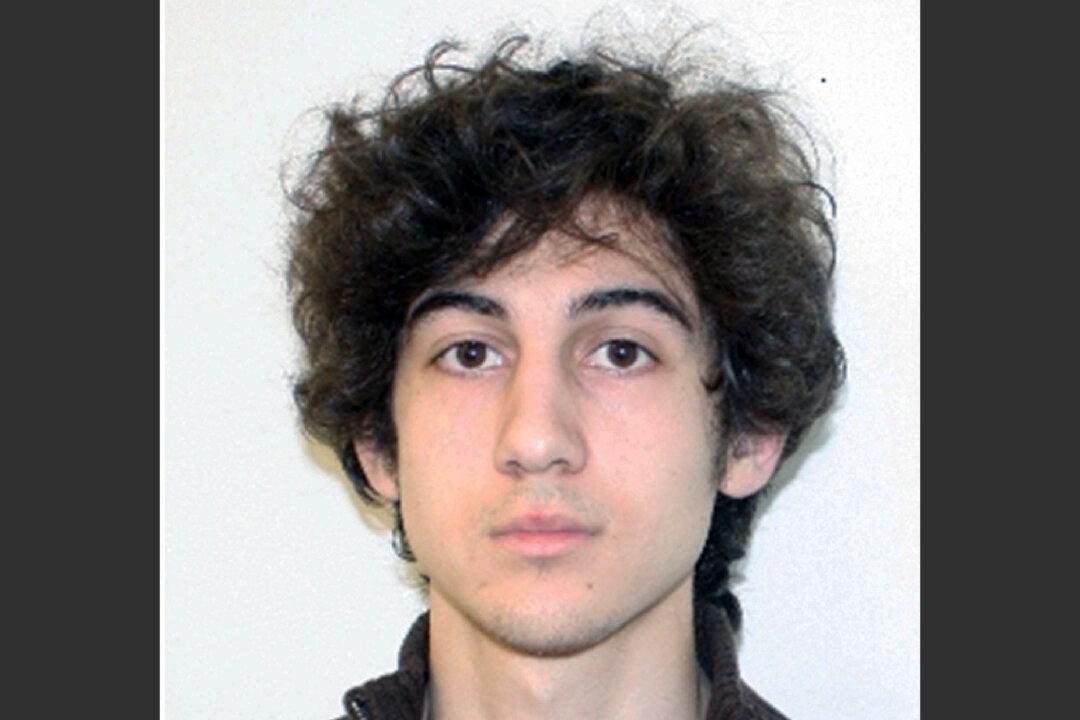The Supreme Court has reinstated the federal death sentence of Muslim terrorist Dzhokhar Tsarnaev, who was convicted of bombing the 2013 Boston Marathon, in a 6–3 decision, with all three liberal justices dissenting from the ruling.
Tsarnaev, 28, is the only surviving perpetrator of the attack deemed to be one of the worst acts of terrorism on U.S. soil since Sept. 11, 2001.





